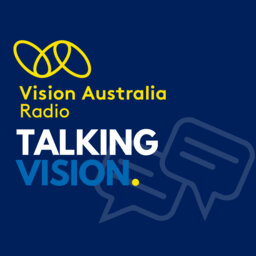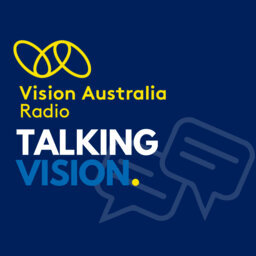Talking Vision 615 Week Beginning 28th of February 2022
Helen chats with Queensland-based student and Vision Australia bursary recipient Layla who is entering her 2nd year of uni studying a bachelor of business online through Deakin University in Melbourne.
Then later on in the program Stella catches up with Hobart-based seeing eye dog owner Jen. Jen is taking part in this year’s Bay of Fires walk with her Seeing Eye Dog Nelly in November, which is now open for registrations to raise vital funds for Seeing Eye Dogs.
And finally this week Helen joins Sam on the show to chat about this month’s issue of For Your Information or FYI for short.
In 1 playlist(s)
Talking Vision by Vision Australia Radio
Vision Australia Radiothon is on now. Donate via www.varadio.org and make a tax deductible donation …Social links
Follow podcast
Recent clips

Talking Vision 819 Week Beginning 16th of February 2026
28:59

Talking Vision 818 Week Beginning 9th of February 2026
28:10

Talking Vision 817 Week Beginning 2nd of February 2026
27:37
 Talking Vision by Vision Australia Radio
Talking Vision by Vision Australia Radio